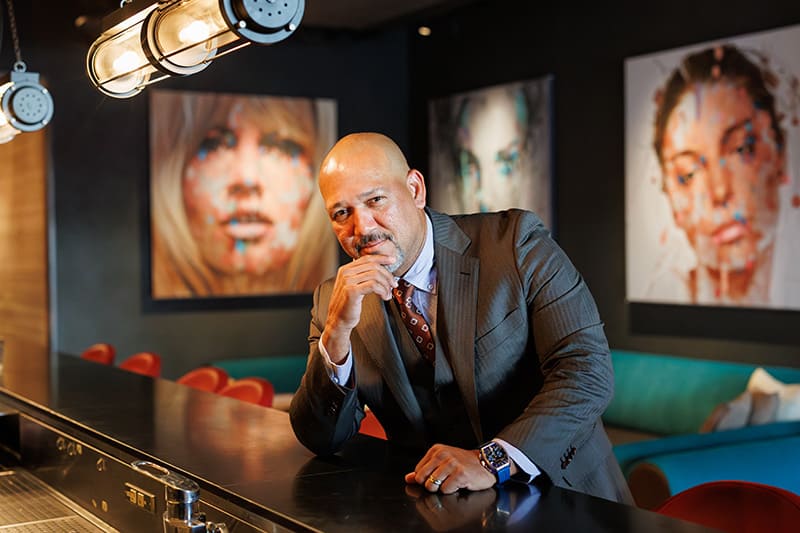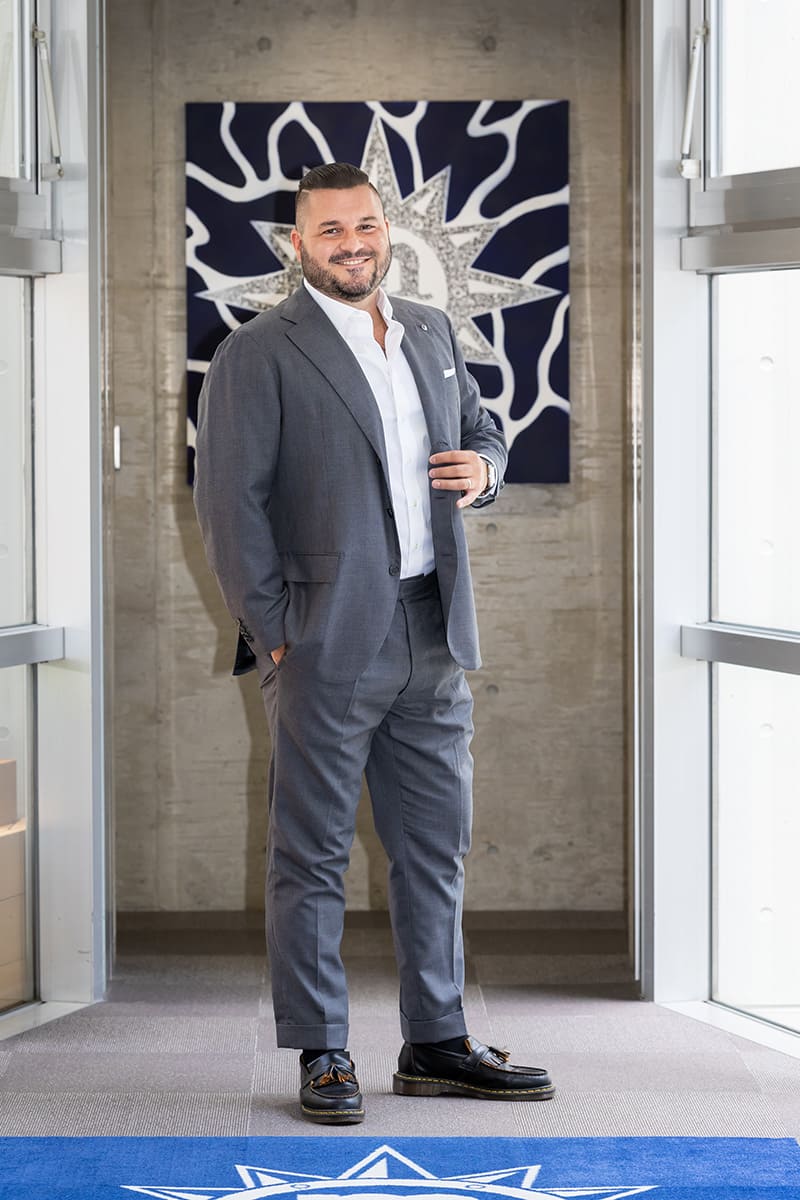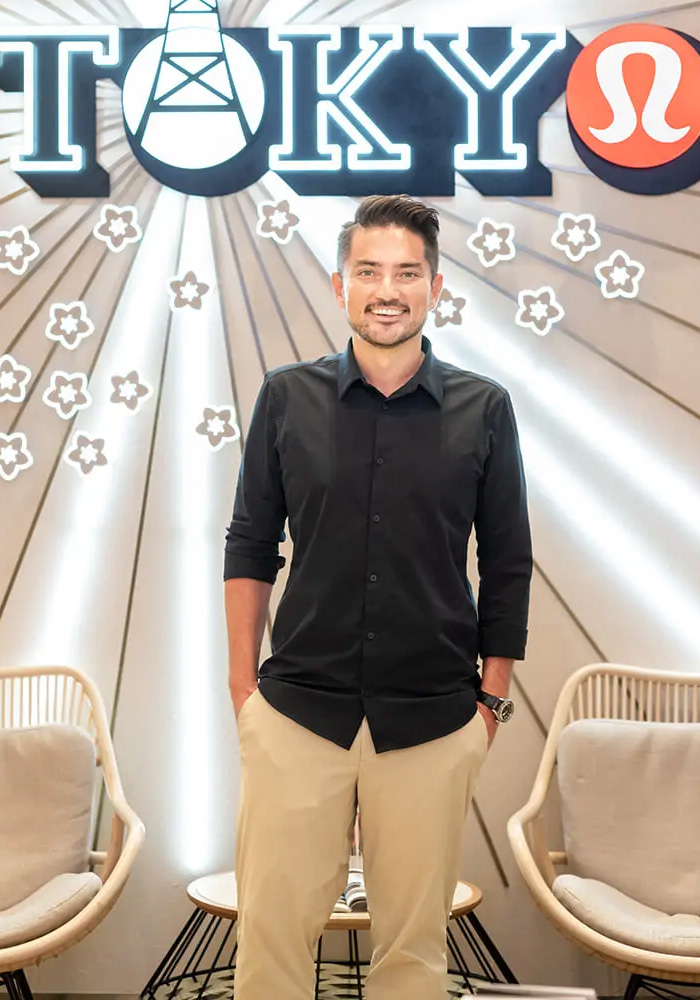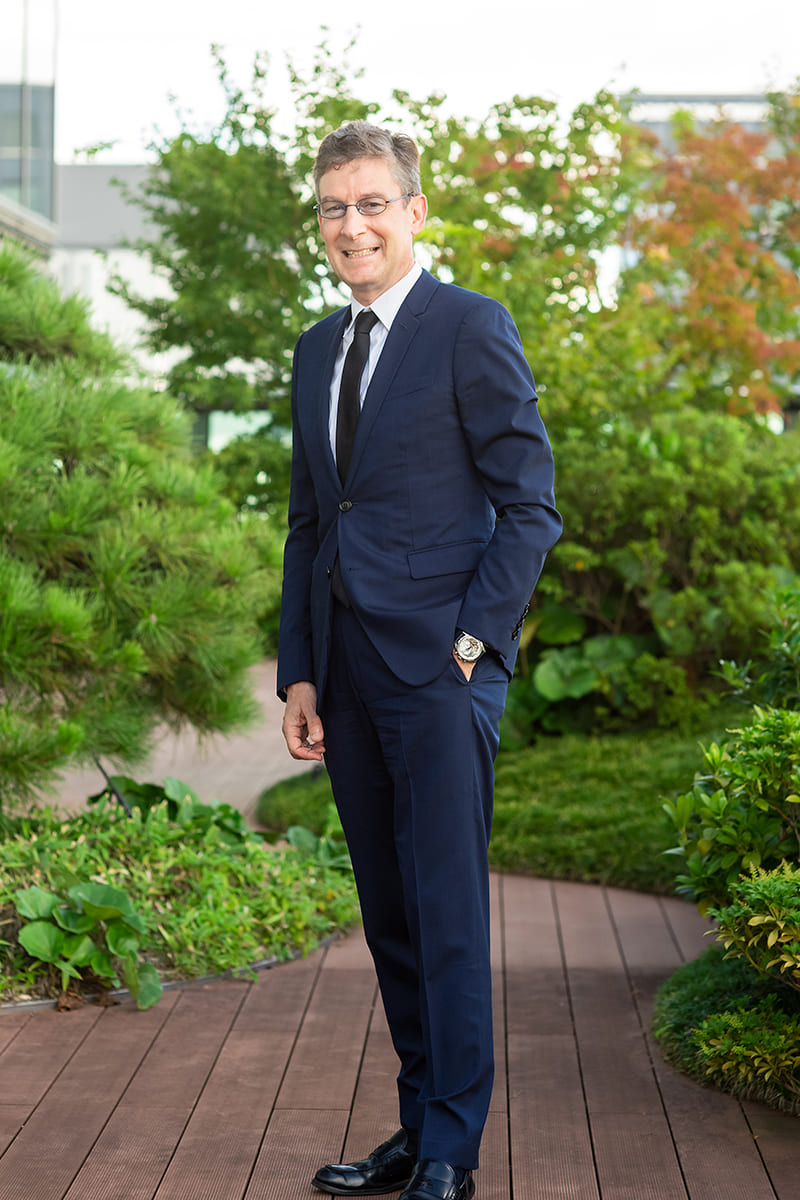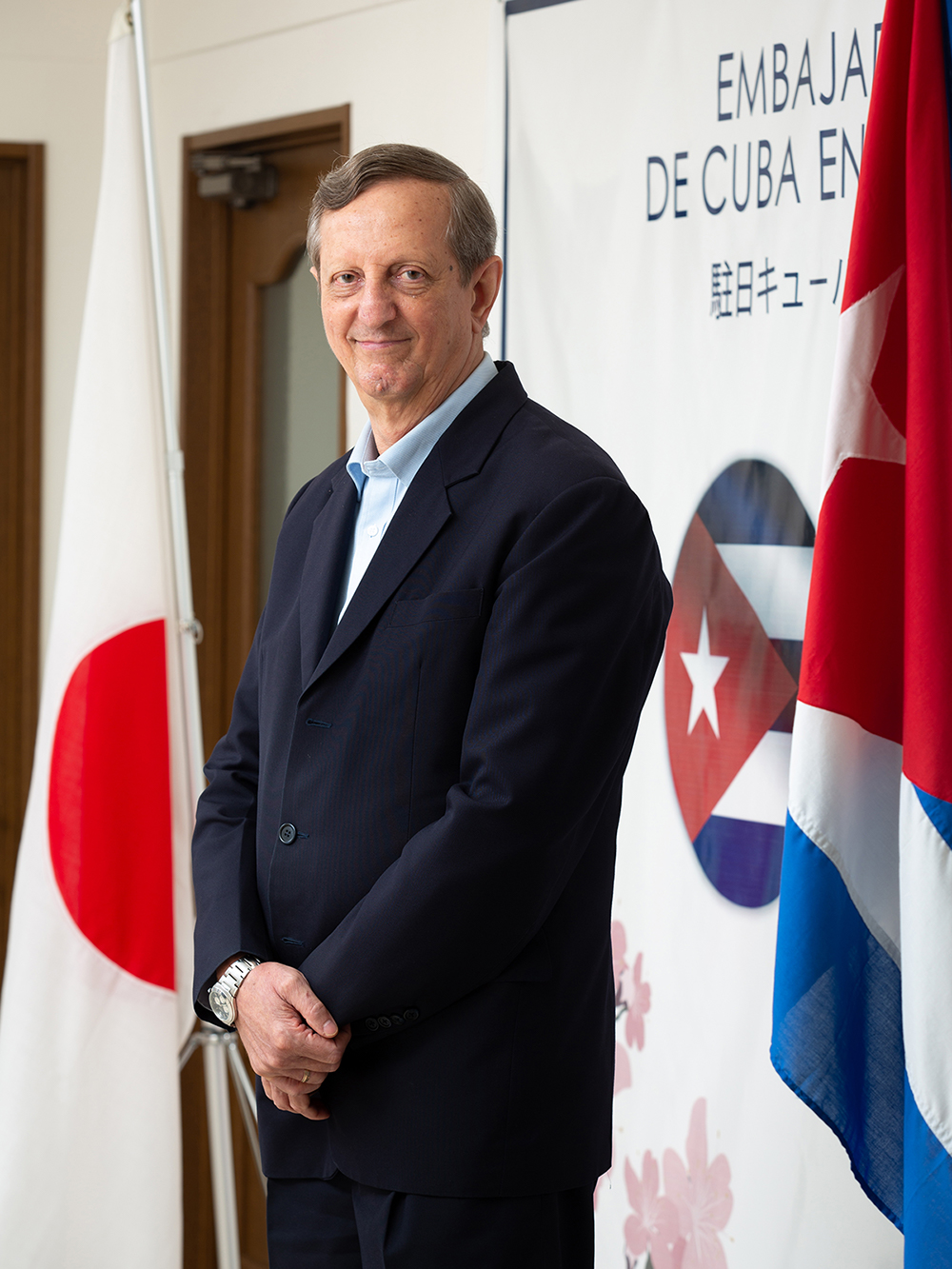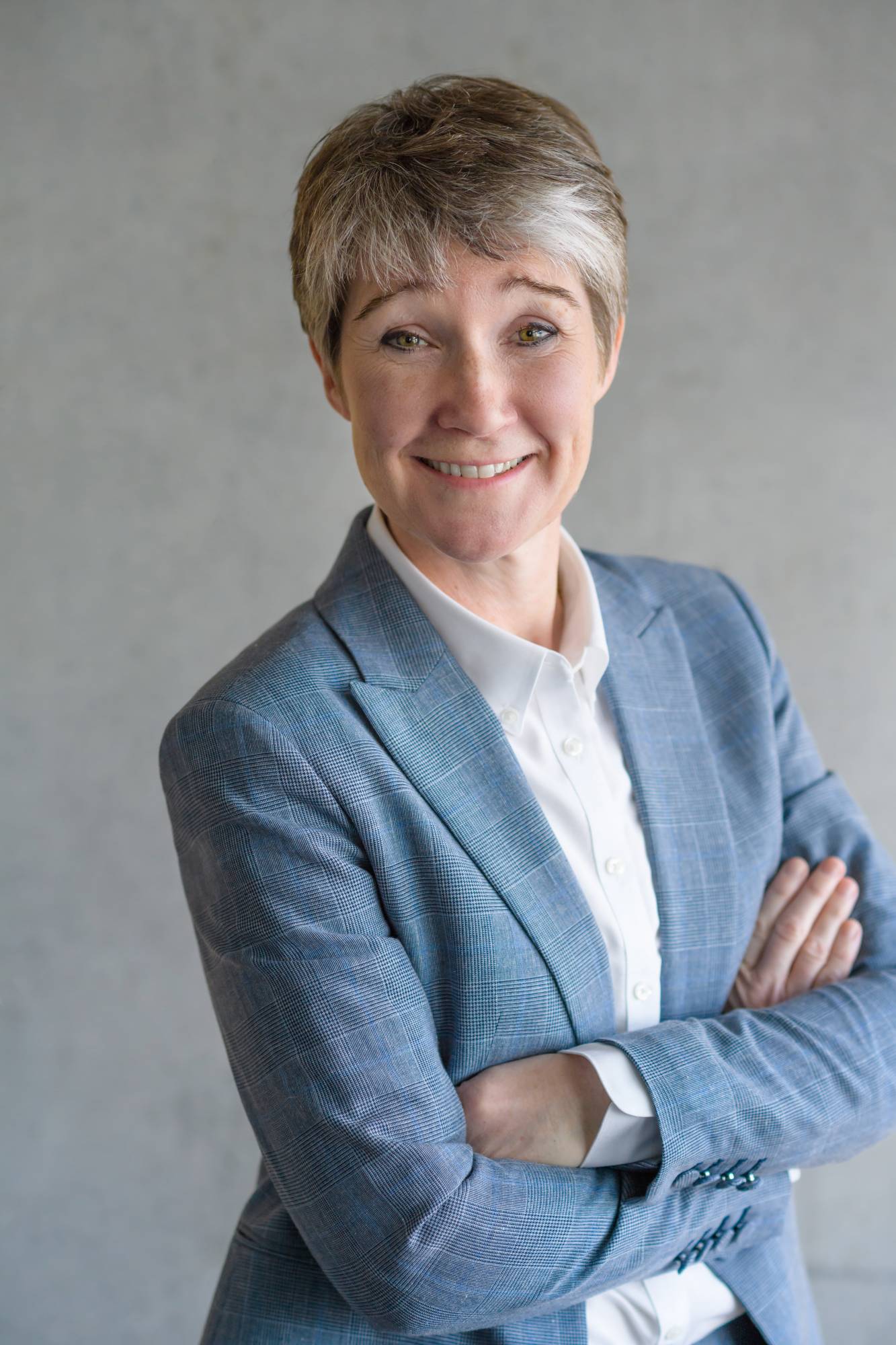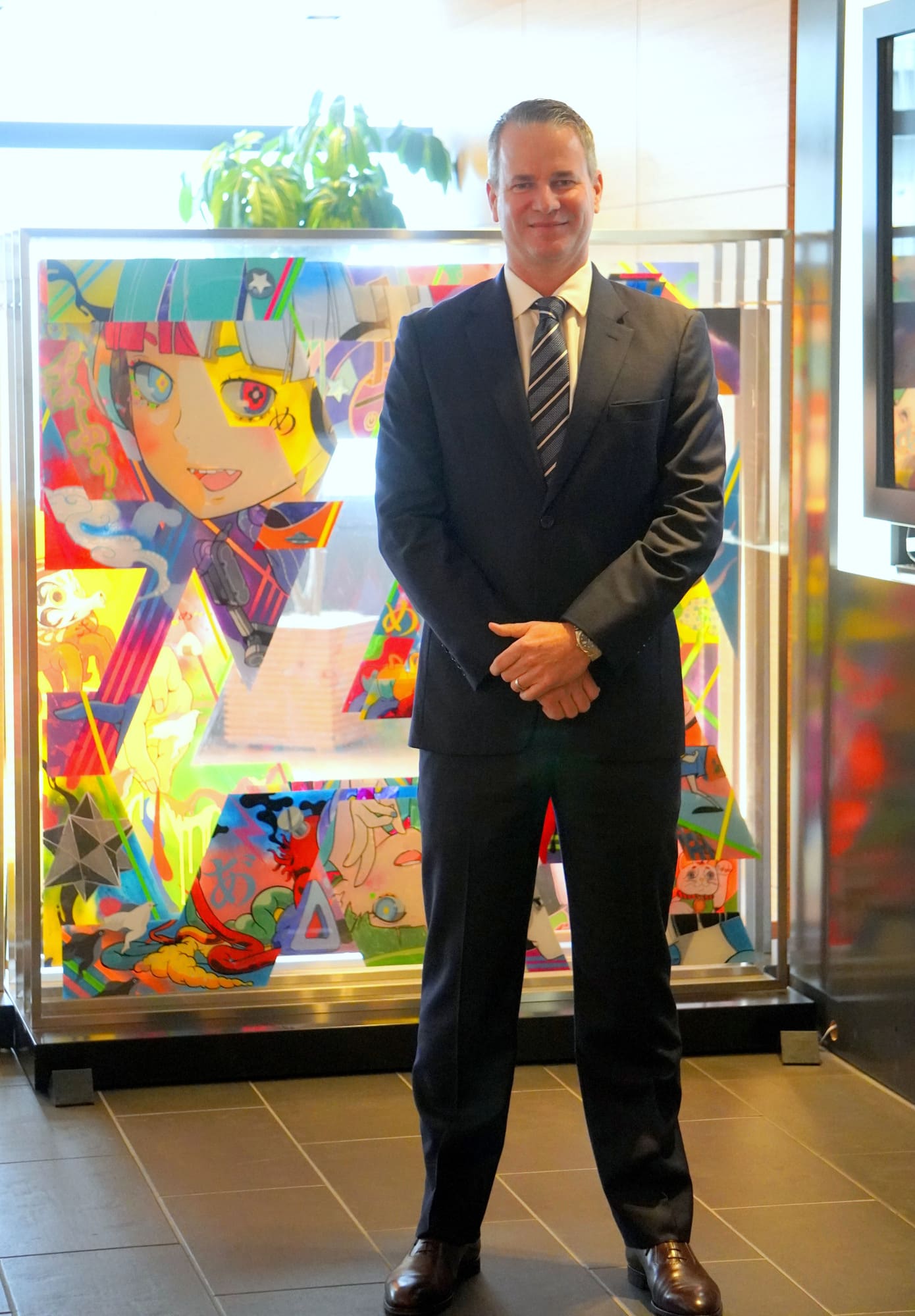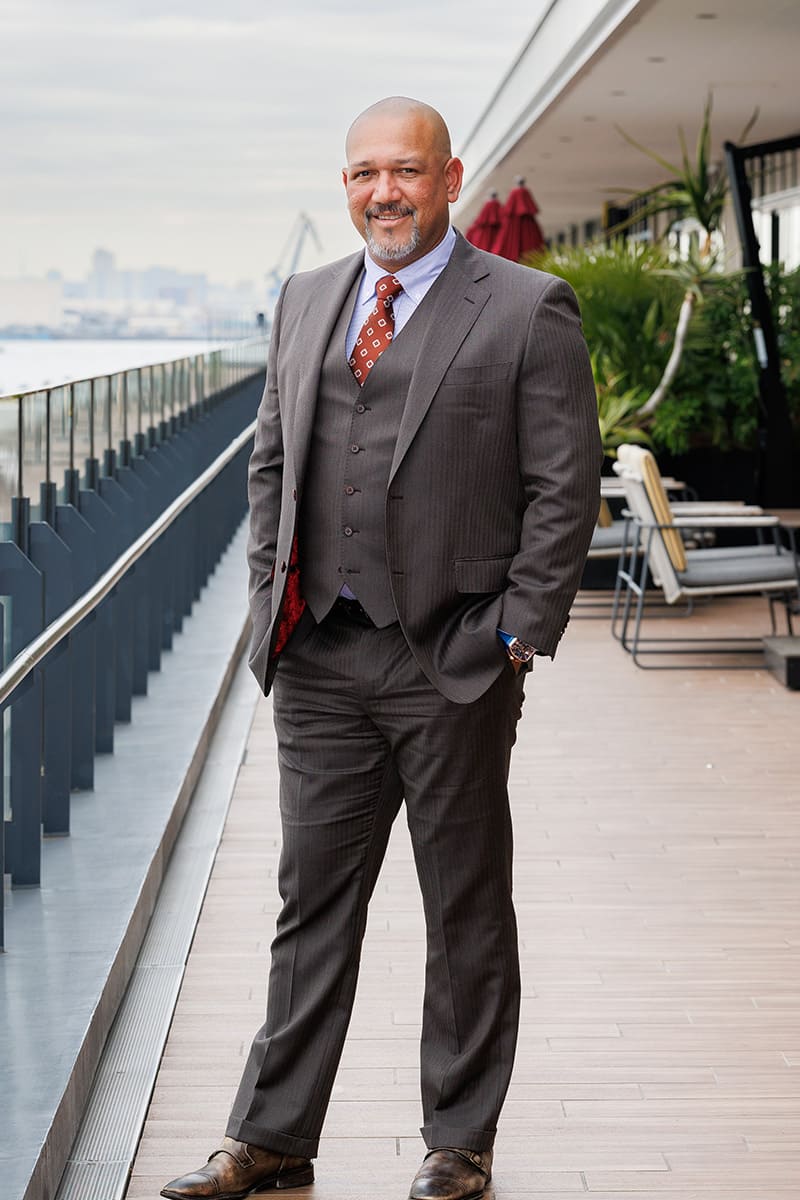
February 09, 2024
Baseball star Alex Ramirez’s NPO helps special kids
Vamos Together works and plays to bring people of all kinds together
- Name: Alex “Rami-chan” Ramirez
- Title: Founder, Vamos Together
- URL: https://vamos-together.org/
- Hometown: Pinango, Venezuela
- Years in Japan: 23
Alex Ramirez is probably best known for his long and successful career as a top baseball player in Japan, which earned him the affectionate nickname “Rami-chan” from delighted fans. These days, his focus is firmly on his family — his Japanese wife, Miho, and their four young children, including a son who has Down syndrome. Ramirez is also devoting his energies to Vamos Together, the nonprofit organization he co-founded with Miho in order to support people with special needs and their families.
The birth of his oldest child, Kenji, in 2015 was a turning point for Ramirez. He had just started his job as a team manager at the time, and recalls his first media interview in the new role.
“I was happy to tell them about my son having Down syndrome, but afterwards I was pulled aside by one of the high-ranking bosses and told that I shouldn’t have talked about that,” said Ramirez. “My reaction was: ‘Baseball is something that comes and goes; my son is for life. There will never be a time when I stop talking about Kenji-kun.’”
Ramirez and Miho subsequently welcomed two more sons and a daughter to their family.
After participating in several events aimed specifically at children with special needs, the couple were troubled by the lack of integration and inclusion. They thought this could be problematic for families like their own, separating rather than uniting them. “We started talking about having something in which everyone could participate. I said: ‘Vamos! Let’s go!’ — and that became the inspiration for the name of our NPO,” Ramirez explained.
Vamos Together was launched in 2020 and encourages people of all ages and abilities to join its activities. “We believe that differences are a good thing, and we shouldn’t separate people; we should be able to unite people and help them understand these differences and each other, Vamos’ slogan is ‘Everyone is different! Everyone is good!’,” he said.
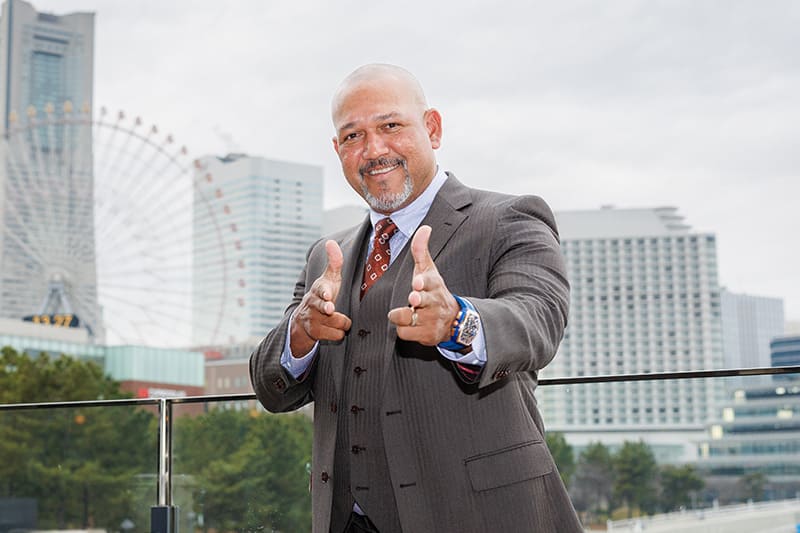
Connecting through sports
One of Vamos Together’s main activities is an annuals sports day, held in a friendly, noncompetitive spirit. Last year’s event took place on a ship in collaboration with MSC Cruises, and participants enjoyed exploring the onboard facilities. Other initiatives include a cheerleading team, Vamos Cheer, and weekly training lessons at CrossFit Motomachi Bay, a gym in Yokohama owned by Miho. While children with special needs make up the majority of participants in the cheerleading and training lessons, siblings are encouraged to help out and join in if they so wish.
Drawing on Ramirez’s background in baseball and his interest in encouraging young players, Vamos Together also sponsors the Rami-chan Baseball Cup for teams of children from ages 8 to 10. The competition runs from September to November, with 32 teams and over 550 youngsters taking part last year. The highlight is an end-of-season stadium day, which includes a performance by Vamos’ cheer team, with players and their families coming together to celebrate the children’s efforts.
“Kenji designs the shirts for the All-Star Team, which we put together with one player from each team in the Rami-chan Cup. We also encourage any special needs siblings of the players to join in,” said Ramirez, noting how this can contribute to mutual acceptance and understanding among the children.
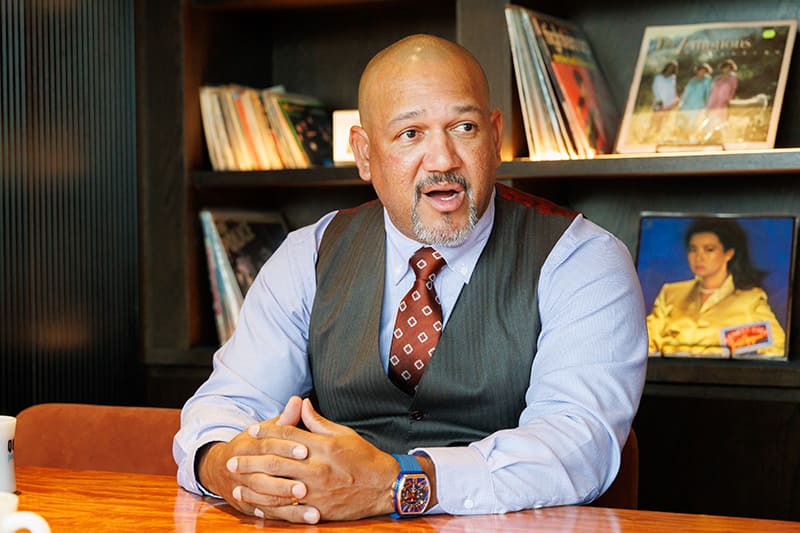
Helping to change perceptions
While people in Japan can be kind to those with special needs, Ramirez feels that society is not yet ready to fully embrace the potential and abilities of people like his son. “They mean well here, but there is still a lack of understanding,” he said. He pointed out that when many Japanese people meet a child with Down syndrome, their first thought is “kawaisō!” (“poor thing!”). People from other countries, on the other hand, are more likely to offer the child a cheerful greeting and a high five.
A key part of parenting for Ramirez is encouraging Kenji to try a wide variety of things for himself — something that often surprises the parents of other special needs children. “After Kenji was born, the doctor told us not to let him do anything strenuous, as his muscles were not that well-developed and he was delicate,” he recalls. “At that point, I could have been overprotective of my son, as many parents tend to be. But I believe that you have to let them grow and be themselves.”
Ramirez is also keenly aware that making a special needs child the focus of parental attention may lead to feelings of resentment among sisters and brothers. He and his wife are proactively involving the siblings in day-to-day support for Kenji, and everyone works as a team. “The parents are the ones with the power to say, ‘Hey, we are all in this together, let’s help each other!’ It’s about communication,” he said. He is pleased to see that this approach has naturally led to his children showing concern for the needs of people outside the family, too.
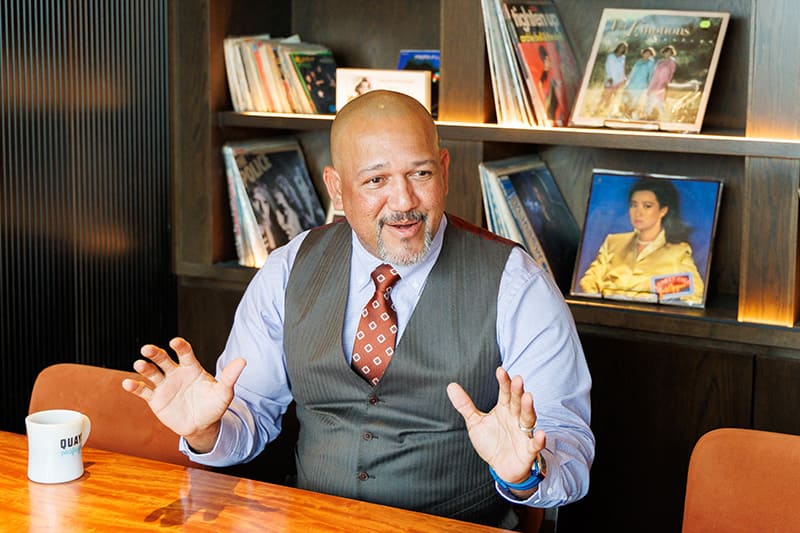
Stronger together
Vamos Together formed an official partnership with Yokohama in 2023, creating a chance to help plan and implement events where it can make a difference. Ramirez is also open to collaboration with other organizations. “Everything is a learning experience, and by interacting with others and sharing resources, we may be able to learn something that can make us become better.”
Eventually he hopes to create a physical space around Vamos Together, in the form of a center where parents of special needs children can exchange information and get support. Another goal is having after-school classes for young people, and helping them move forward with training and jobs down the line. “I would love to start something here in Yokohama first, and then maybe expand to other places,” Ramirez said with a smile in closing.
